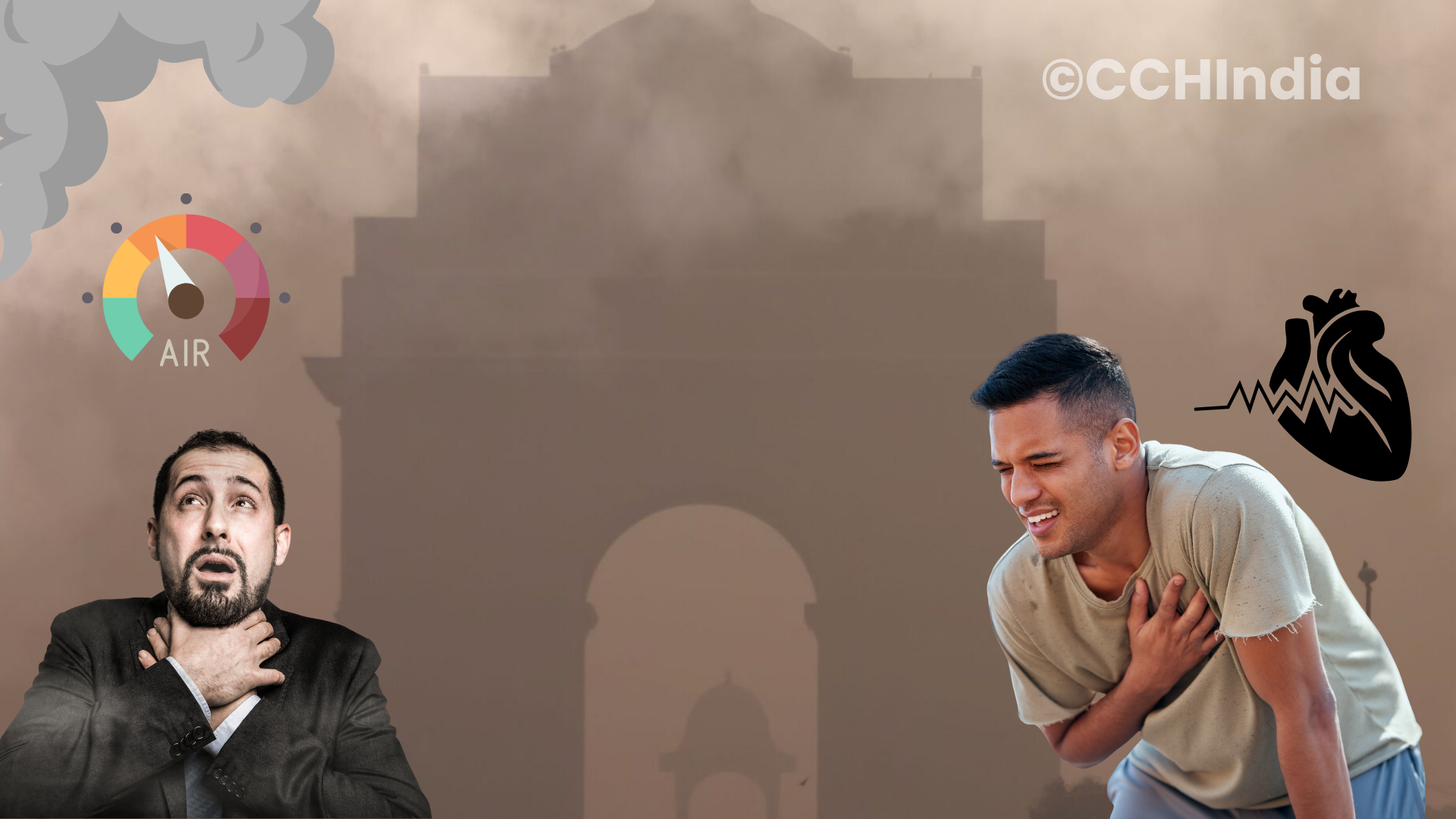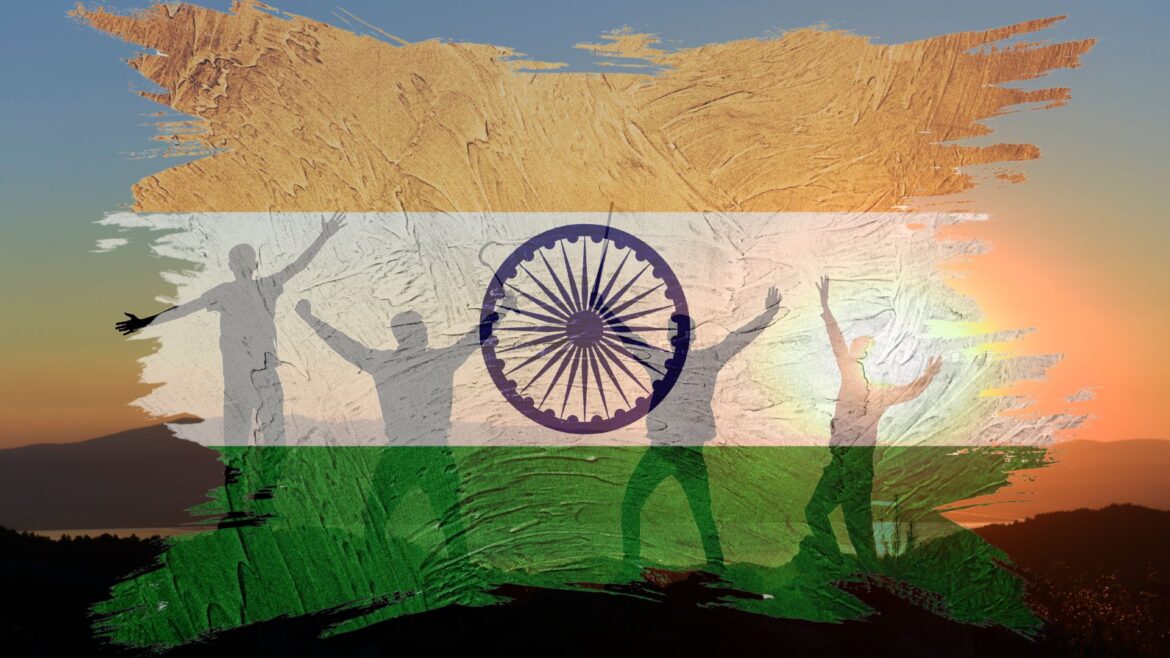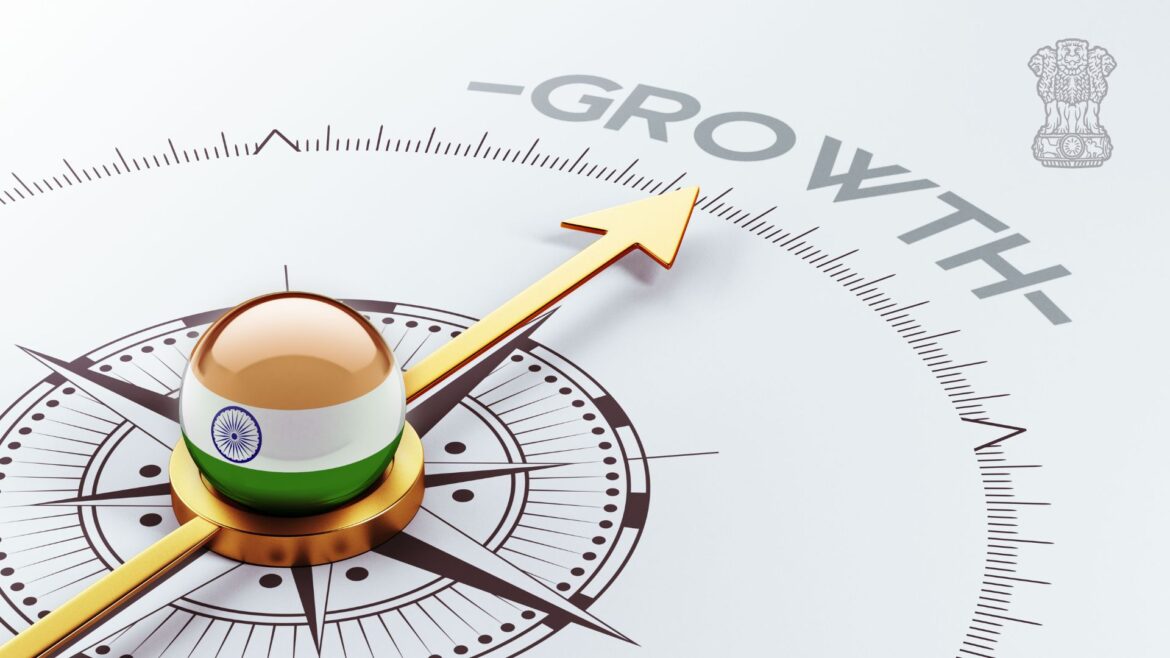The Silent War: How Air Pollution is Attacking Our Hearts
I’ll be straight with you — whenever someone brings up pollution, I usually think of sore throats, burning eyes, or maybe asthma.
Heart disease? That one used to sound completely unrelated. Like two different problems living on opposite sides of the street.
But the more I look around, the more I realize: the very air we breathe is quietly waging war on our hearts.
Delhi Winters: Walking Inside a Giant Cigarette
Take Delhi winters, for example. That thick smog isn’t just “bad air,” it’s like stepping into a giant cigarette. And here’s the scary part — doctors say every breath in that soup of toxins doesn’t just clog your lungs, it actually strains your heart.
Blood vessels inflame, arteries harden faster, and before you know it, the risk of a heart attack shoots up. It sounds dramatic, I know. But the science is crystal clear — we just don’t talk about it enough.
A Story That Hit Home
I remember a friend telling me about his dad, who has a heart condition.
“He’s okay at home,” he said, “but the moment he steps outside during peak smog season, he feels breathless.”
At first, I assumed it was just weak lungs. Later, I learned the truth: tiny particles in the air — PM2.5 — slip into the bloodstream, silently messing with the heart.
Think about that for a second: something invisible, floating around us, creeping into the body and tampering with your heartbeat. Terrifying, isn’t it?
Not Just a Delhi Problem
And it’s not just Delhi. Kanpur, Patna, Lucknow, even smaller towns — they’re all wrapped under this invisible blanket of poison.
Kids wearing masks to school as if it’s normal, elderly people skipping their morning walks, hospitals filling up every winter. Sometimes I wonder — is this really the future we signed up for?
The Silent Killer
What frustrates me most is how quiet this killer is. If someone smokes or drinks too much, we immediately link it to heart trouble. But breathing? That’s just living.
Yet here in India, every breath feels like a gamble. And it’s not only about stubble burning or traffic jams. It’s the bigger picture — the cars we drive, unchecked factories, and unplanned cities choking themselves with their own growth.
It almost feels like the sky is holding up a mirror, reminding us how careless we’ve been with tomorrow.
Hope in Small Steps
Still, I don’t want to leave this on a hopeless note. Change is happening — even if slowly. Cleaner fuels, electric buses on city streets, and youngsters choosing cycles over cars.
Small choices matter too. Planting a tree outside your home, carpooling, taking public transport — they don’t feel like sacrifices anymore. They feel like survival instincts.
Because here’s the truth: keeping your heart healthy isn’t just about skipping junk food or hitting the gym. It’s also about fighting for the right to breathe clean air.
A Final Thought
So the next time you glance at a hazy, grey sky and think, “It’s just pollution season,” maybe pause.
Your heart might be whispering — or begging — for you to care a little more. ❤️





